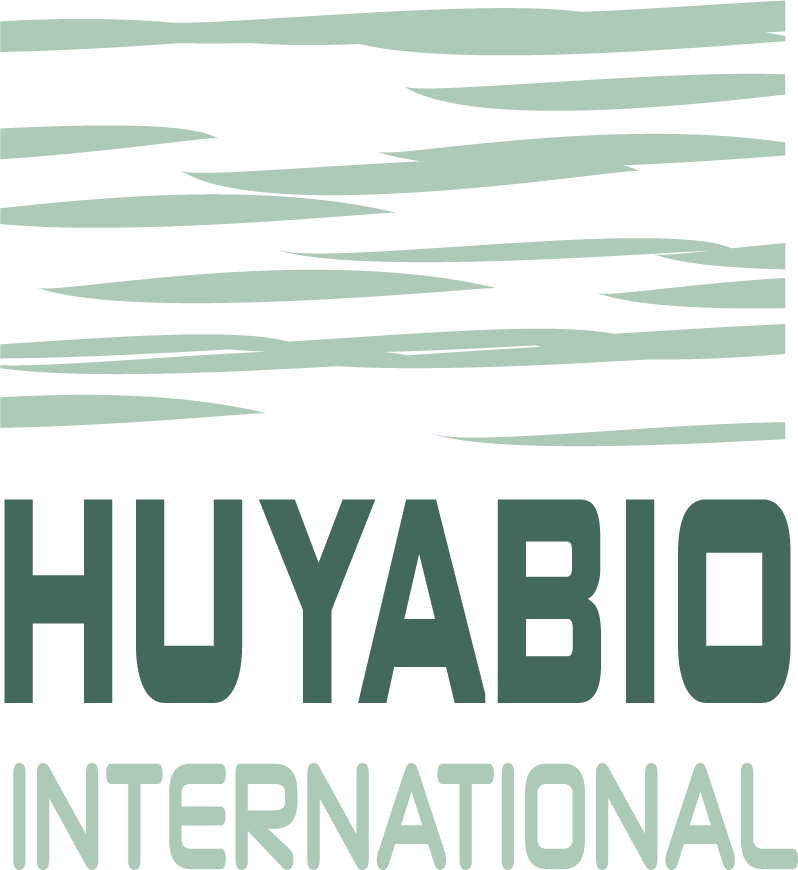FDA feedback validates HUYA’s Integrated Co-Development Model for China-sourced Drug Candidates
San Diego, CA, USA – April 14, 2008 — HUYA Bioscience International (HUYA), the leader in U.S./China pharmaceutical co-development, today announced the outcome of the first pre-IND (Investigational New Drug) consultation with the U.S. FDA for a development-stage compound sourced from China. The new compound, HBI-8000 (CS055 / Chidamide), licensed from Chipscreen Biosciences, Ltd. of Shenzhen, China, shows promise for the treatment of a broad range of cancers and is nearing completion of a Phase I trial in China. HUYA holds exclusive development and commercialization rights to the compound worldwide outside of China, while Chipscreen maintains rights in China.
HUYA received positive pre-IND comments from the FDA Oncology Division. HUYA’s IND- enabling nonclinical development plan and proposed U.S. Phase I clinical plan were acceptable to the agency. In addition, the FDA indicated its willingness to accept both preclinical and clinical data generated in China as supportive information for the opening of a U.S. IND and initiation of a Phase I trial. HUYA is on track to file an IND application for HBI-8000 in the second half of 2008.
According to Mireille Gingras, Ph.D., CEO of HUYA, “The acceptance of Chinese data as supportive for our U.S. IND and Phase I plans is tremendous validation of our Integrated Co-Development Model. The ability to leverage data from China lowers risk and streamlines the clinical development process in the West. The outcome of this pre-IND consultation validates HUYA’s leadership in Sino/American pharmaceutical co-development.”
HBI-8000 is an orally bioavailable histone deacetylase (HDAC) inhibitor derived from the benzamide class. Histone deacetylase inhibitors are a new class of cancer drugs that induce selective regulation of gene expression in cancer cells. HBI-8000 has exhibited activity and pharmaceutical properties that may translate into a superior clinical profile over other HDAC inhibitors currently marketed or in development.
About HDACs
HDAC inhibitors, a new class of cancer drugs, work by controlling how tightly DNA is wound around accessory proteins, histones. By deacetylating (removing an acetyl group from) histones, HDACs appear to promote tighter winding of DNA around histone proteins, which leads to reduced access by gene transcription factors. This results in decreased expression of proteins involved in cell differentiation, cell cycle arrest and apoptotic elimination of damaged cells – all of which contribute to the development of cancer. HDAC inhibitors are able to restore expression of cancer suppressing genes in a highly selective manner. Treatment with HDAC inhibitors also leads, indirectly, to the suppression of angiogenesis factors, helping to choke off the blood supply to tumors.
Although significant preclinical and clinical activity has been observed with HDAC inhibitors, most of the compounds currently in development have characteristics which may limit their potential for clinical success or broad applicability. In contrast, benzamide class HDAC inhibitors, of which HBI-8000 is a third generation member, have exhibited greater target specificity and fewer serious side effects. In particular, they have the best potential for combination with existing anti-tumor agents.
HUYA’s Integrated Co-development Model (ICM)
The global pharmaceutical industry faces a pressing need for new untapped sources of pre-clinical and clinical stage compounds for the drug development process. HUYA was one of the first companies to recognize China’s potential to help meet this need through its burgeoning biotechnology industry and world-class talent pool. HUYA pioneered an innovative approach – the HUYA Integrated Co-development Model – for partnering with Chinese research institutions and pharmaceutical companies. HUYA identifies and licenses the most promising pre-clinical and clinical stage compounds in China, leverages and extends the research efforts of its Chinese partners, and provides a bridge into the Western development process and biopharma market.
Because the compounds have already been validated through a rigorous discovery, selection and development process in China, this model streamlines and accelerates development in the West, while lowering risk. Moreover, the strength of HUYA’s relationships with its Chinese partners ensures a continuous source of compounds for the future. This model contrasts with that of large pharmaceutical companies whose approach is to start their own research facilities in China, hoping to tap its large biotech talent pool, or that of smaller competitors with “one-off” single compound strategies.
About HUYA
HUYA is the leader in U.S./China pharmaceutical co-development. With three strategic offices in China, the broadest Chinese compound portfolio, and more exclusive agreements with premier Chinese biotech centers than any other company, HUYA has pioneered the most innovative and productive approach for pharmaceutical co-development between the U.S and China. HUYA has joint headquarters offices in San Diego, CA, and Shanghai. Further information about the company is available at www.huyabio.com.

